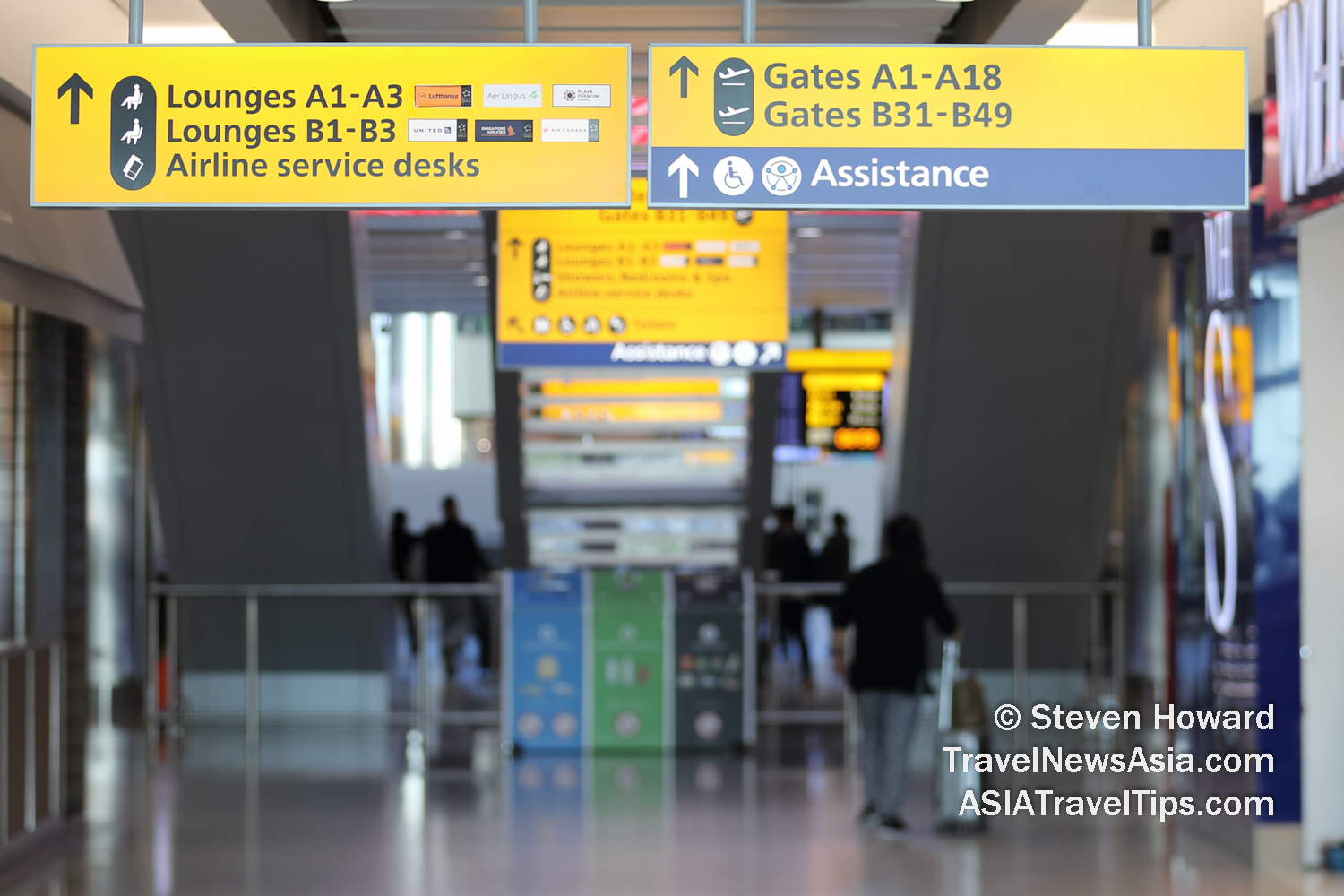|
Fifty percent of organisations have begun
travelling again, but with stipulations, according to the third
phase of the �State of the Market� survey by global TMC, FCM
Travel Solutions.
Conducted by FCM�s consulting arm 4th Dimension
(4D), the final phase of this survey consisted of one-to-one
interviews in August 2020 with 250 of FCM�s multi-national
large-scale clients globally in over 60 countries.
The workshops examined a new path forward for the
remainder of 2020 and into 2021, as corporate travel resumes amid
new safety and hygiene requirements and protocols. It follows on
from the results of two State of the Market surveys released in
May and June, both conducted among 2,320 business travel managers,
bookers and travellers in Asia, Australia and New Zealand, EMEA
and the Americas, to gauge their sentiments on business travel
during the COVID19 crisis.

While 50% of respondents said they have employees
already travelling or booking reservations to travel in the near
future, resuming travel will be different for everyone.
The combined results of the State of the
Market research (April to August 2020) shows that over 90% of
businesses indicated that they planned to travel domestically and
short haul international flights, within three months of
government re-opening borders and lifting restrictions such as
quarantine. Yet the number of trips taken will likely be lower, as
only 26% of businesses are planning to return to their pre-COVID19
levels for domestic travel during 2021. The remaining 74% of
businesses predict reduced domestic travel for the immediate year
ahead. The average number of business trips per traveller
pre-COVID, was 6-8 per year; this number is likely to fall between
3 and 4 trips per person, per year until 2023.
Clients still have long-haul travel plans on hold
indefinitely, as they assess the balance between need and safety.
In particular, national businesses in China, Australia, New
Zealand and USA were less likely to have long-haul international
plans for 2021, indicating only domestic and short-haul
international travel will be planned for next year. 29% of
respondents from China said they won't be travelling long haul,
while 16% of respondents in Australia, 22% in New Zealand and 7%
in the USA indicated the same.
�From the difficult first step of deciding when
and how to kickstart international travel, to filling in the gaps
between travel policies and needs of the travellers, restarting
business travel will require a multi-prong approach with buy-in
from all stakeholders. FCM is committed to helping customers
evolve their travel programmes and policies to enhance business
agility across the organisation in order to springboard the
rebound process,� said Bertrand Saillet, Managing Director for
Asia, FCM Travel Solutions.
The below provides a snapshot of professionals
currently travelling globally:
* Industries who continued to travel or
recommenced travel the fastest were Mining & Wholesale, with
approximately 40% of respondents from those businesses saying they
continued travelling throughout the global shutdown. 80% have
resumed travel at this point.
* Construction and food services follow closely
behind with approximately 70% of respondents indicating that
they�ve started travelling again.
In Asia, the financial services, science and
technology, education and training, mining and construction
sectors were one of the first to resume travel. Across all
industries, the first groups of people to travel will be/have been
sales, client management and project workforce who are focused on
business growth, customer retention and the resumption of
projects. 19% of respondents agree that administration and
internal support staff are the least likely to travel in the near
future as they are not client-facing.
The top two priorities for many respondents across
Asia were budget and risk management also known as duty of care.
FCM also remains cognizant of the fact that triggers for business
travel include travelling when safe (vaccine or virus eradicated),
borders reopening, increase in traveller confidence and the
ability to appropriately track travellers. Moreover, the study
revealed that the future of travel buying behaviour will be
influenced by:
* Airline, hotel, car/ground COVID-safety
protocols (37% of respondents are reviewing their hotel suppliers
to ensure they are COVID-safe and 25% of respondents rate Duty of
Care their number one focus as travel resumes in their business)
* Shortened purchase window (the average purchase
window for domestic travel has dropped from 7-10 days (pre-COVID)
to 3-4 days post-COVID)
* Flexible fares
* Avoidance of overnight requirements
* Virtual meetings as a back-up
�COVID-19 may have exposed vulnerabilities in the
corporate travel ecosystem but companies, together with travel
suppliers and travel management companies are working hard to
recalibrate the travel-risk ratio for business travel resumption.
The needs of our customers and their travellers have evolved and
it is crucial to address them in order to start building new norms
for the industry in the post-COVID travel era. The new standards
of business travel need to start taking root now,� added Bertrand.
See latest
Travel News,
Video
Interviews,
Podcasts
and other
news regarding:
COVID19,
FCM,
TMC,
Outlook,
Forecast,
Trends.
|
Headlines: |
|
|
